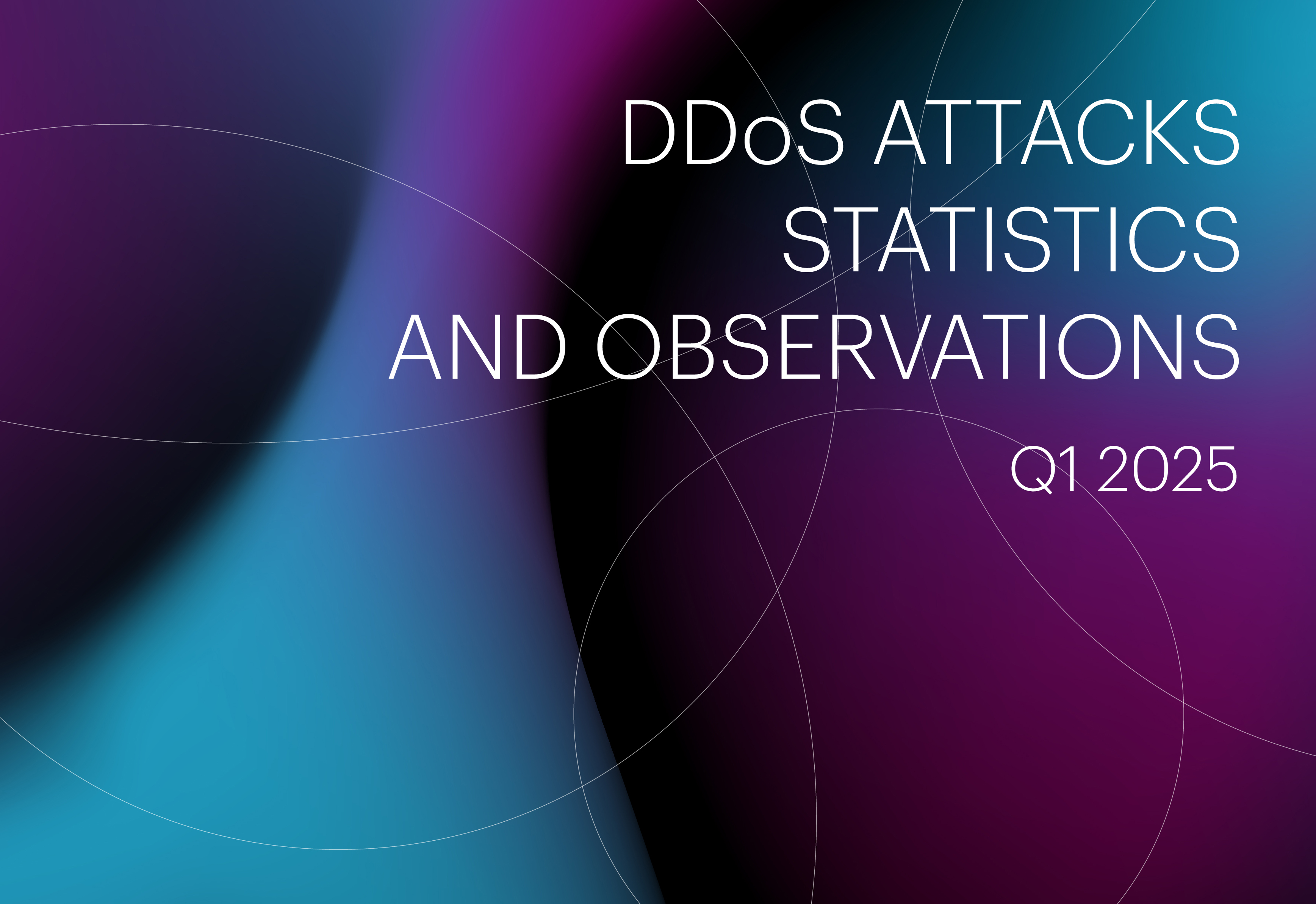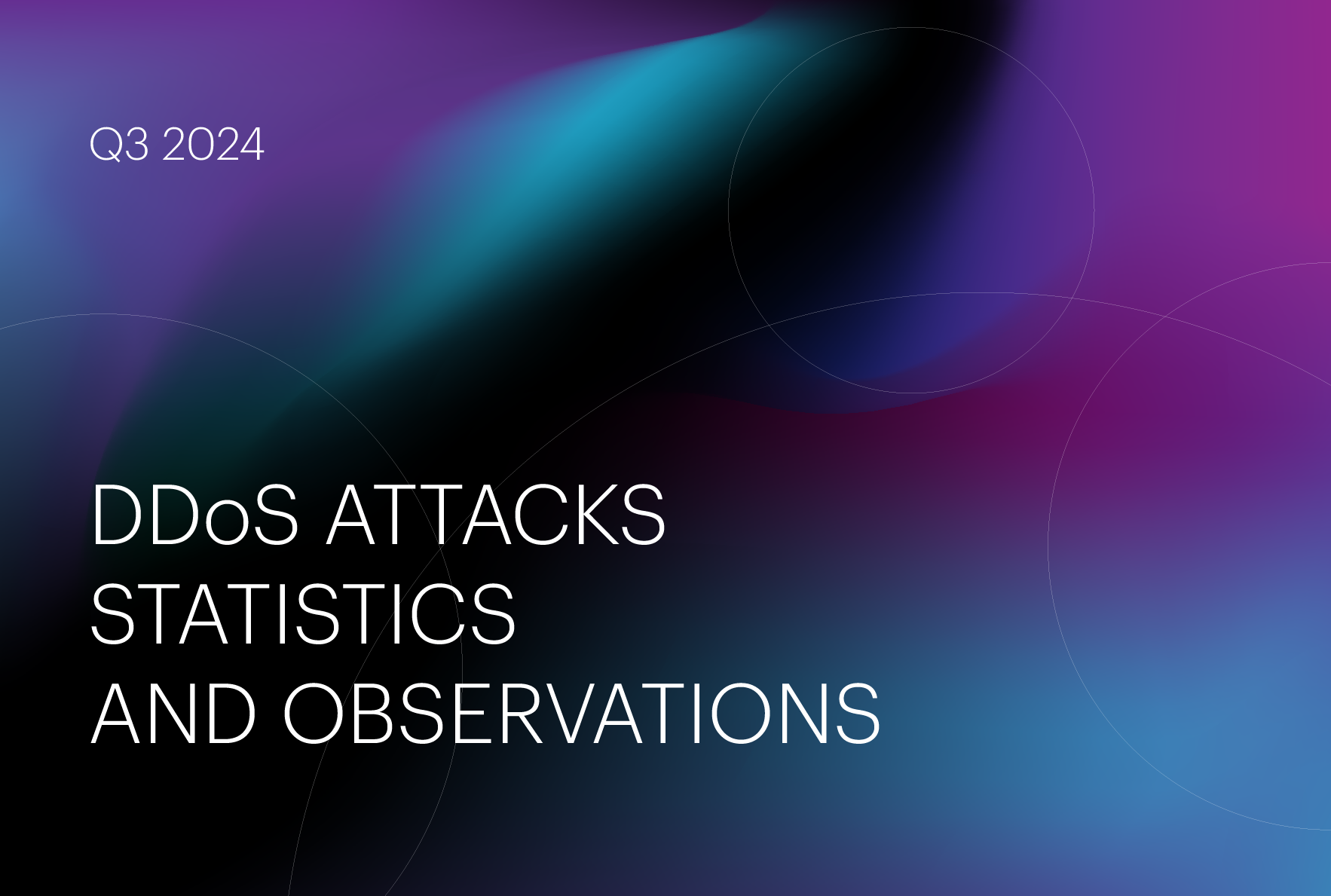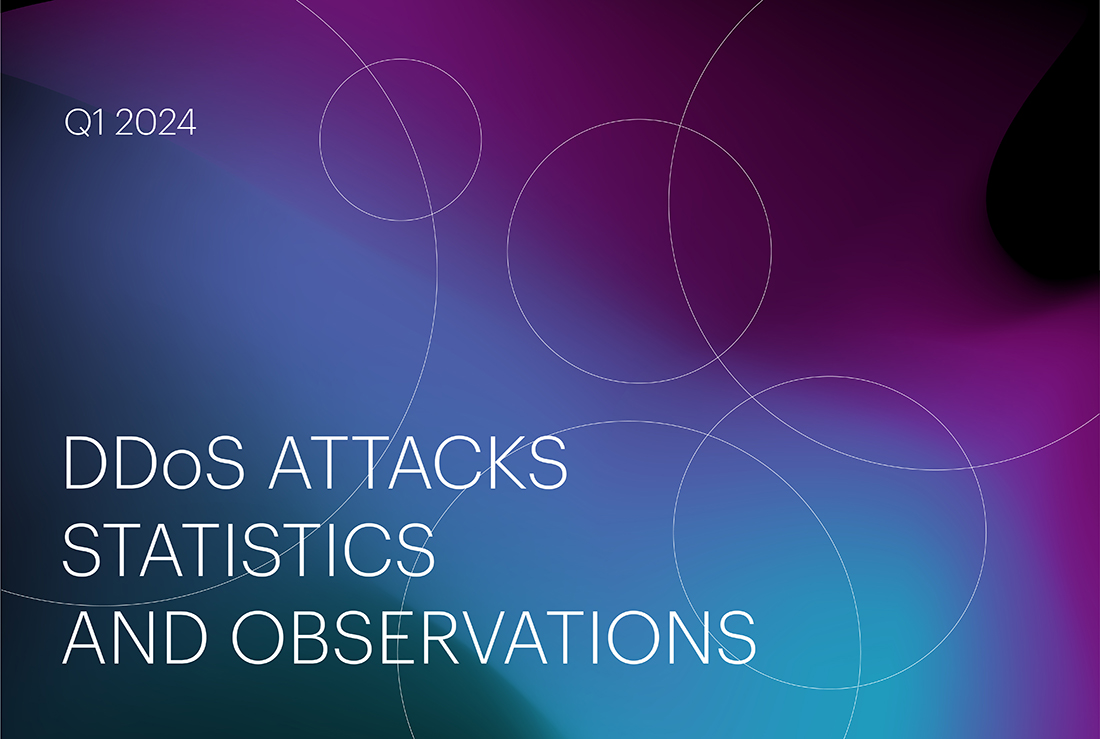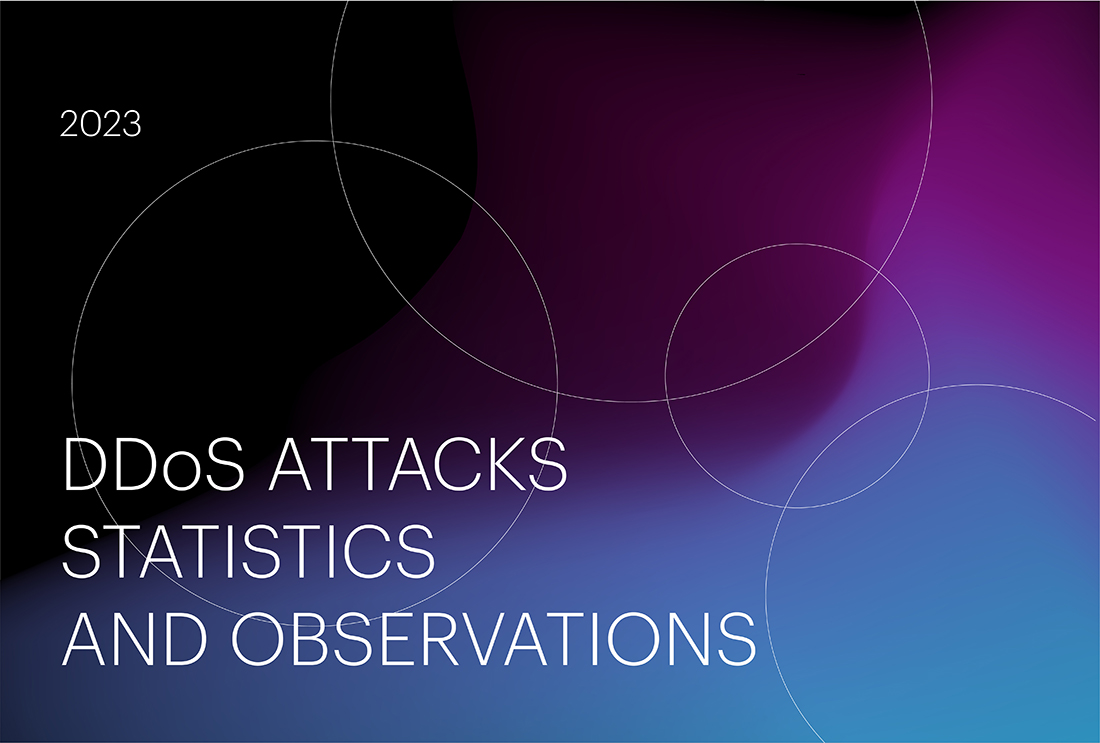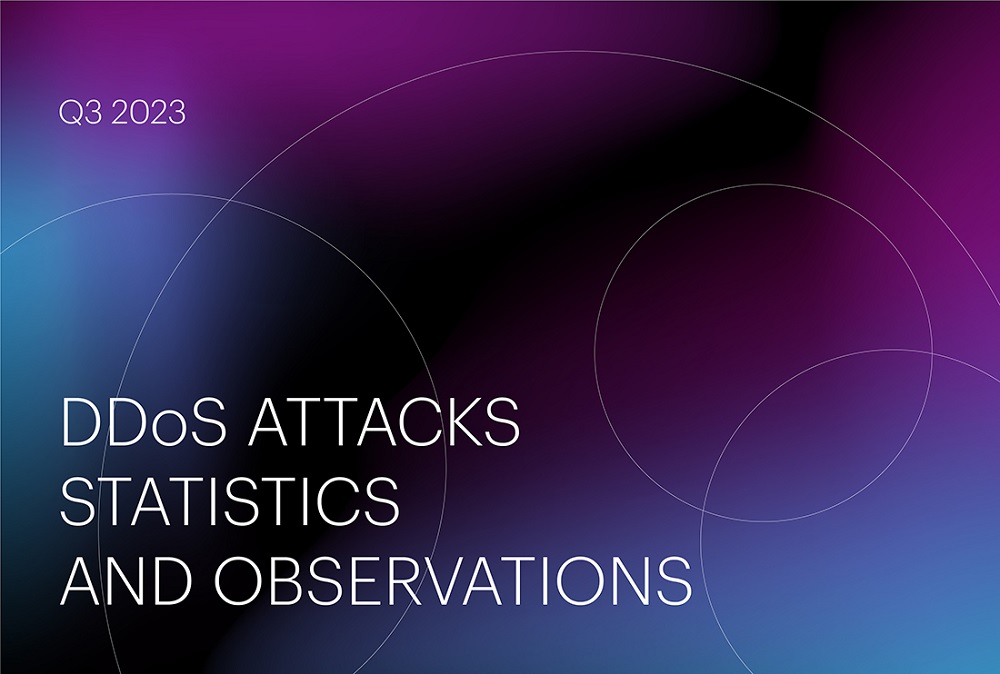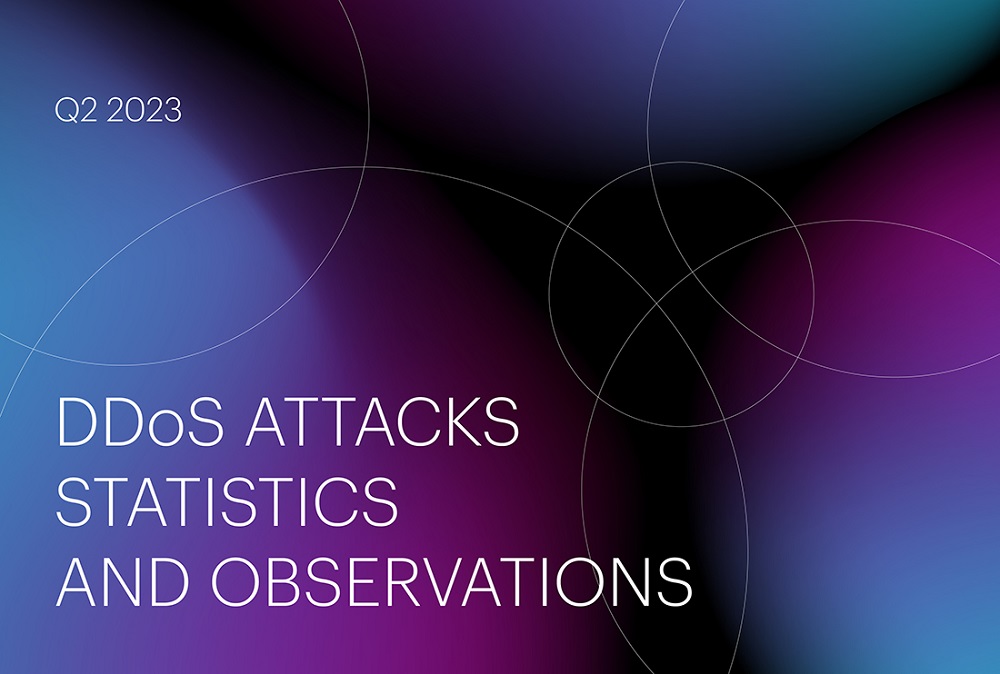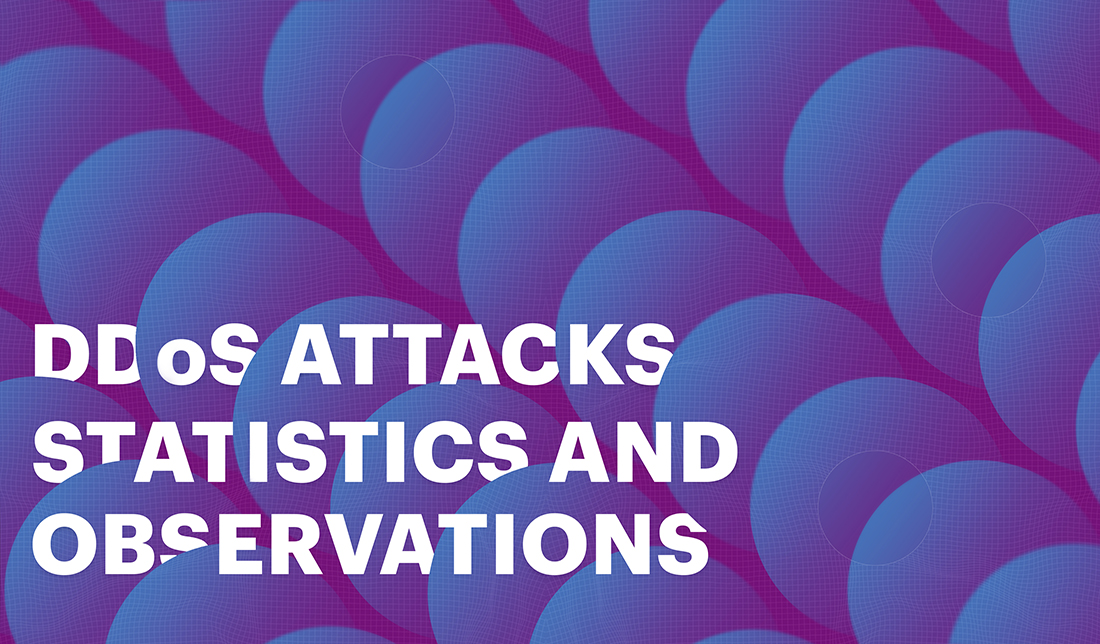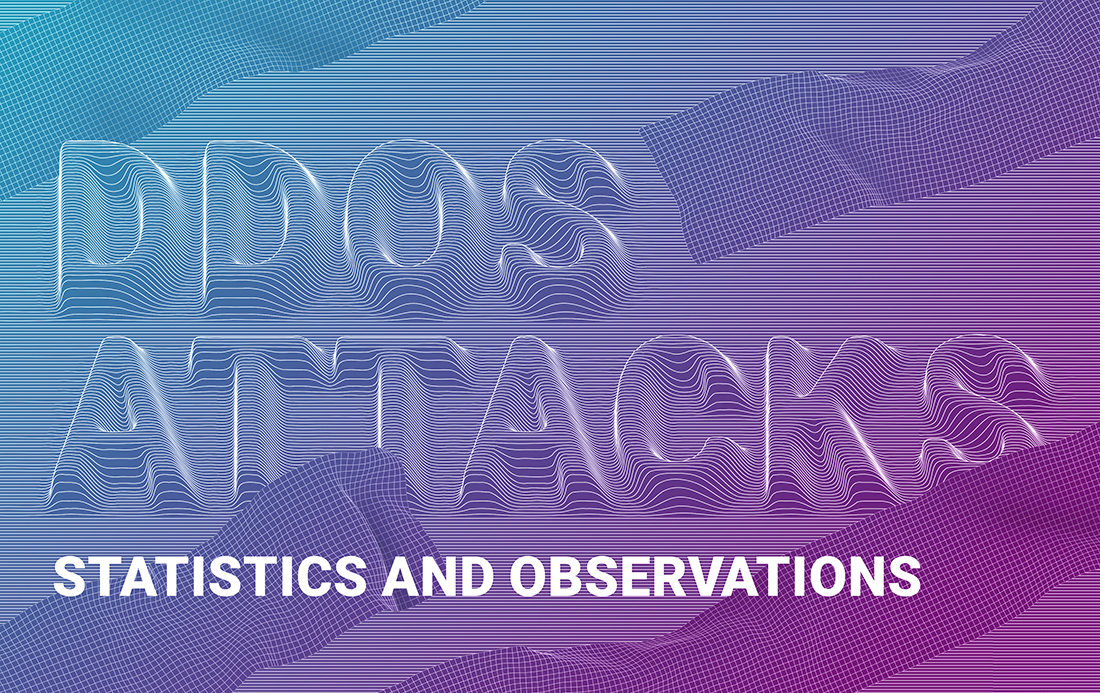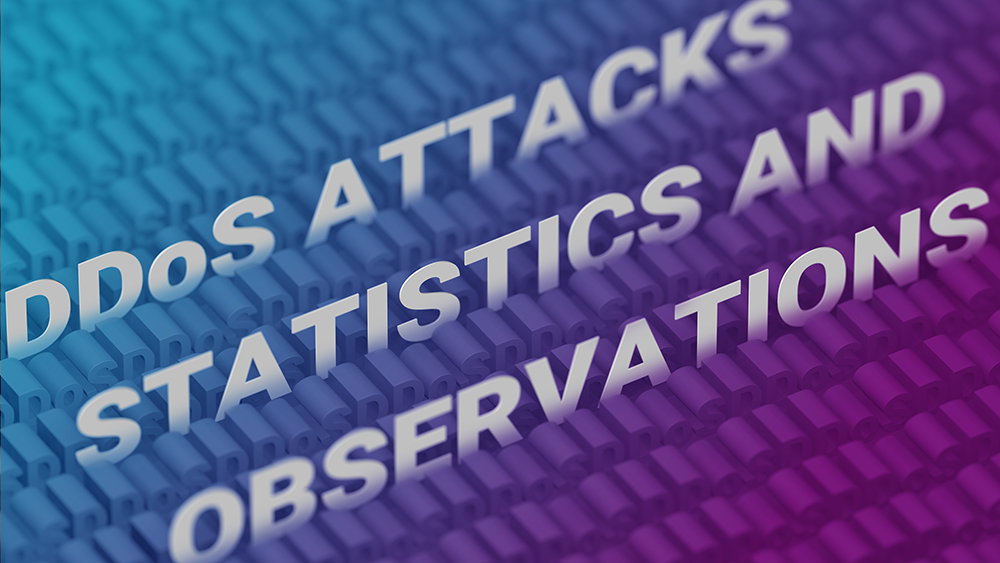Executive summary
- The total number of L3-L4 DDoS attacks in Q2 2025 increased significantly compared to Q2 2024 (+43%).
- The largest share of L3-L4 DDoS attacks in Q2 targeted the “FinTech” (22.6%), “E-commerce” (20.6%), and “Information and communication technology” (16.1%).
- The most intense L3-L4 DDoS attack of Q2 reached a peak bitrate of 965 Gbps — just shy of last year’s record (1,140 Gbps). The attack targeted an organization in the “Betting shops” microsegment and was likely linked to Alexander Ovechkin setting a new NHL all-time scoring record.
- The longest L3-L4 DDoS attack of Q2 lasted just over four days (96.5 hours). For comparison, the 2024 record was 19 days (463.9 hours).
- The number of L7 DDoS attacks in Q2 2025 rose dramatically compared to Q2 2024 (+74%).
- The most frequent targets of L7 DDoS attacks in Q2 2025 were the “FinTech” (43.6%), “E-commerce” (22.6%), and “Information and communication technology” (18.2%) segments.
- At the microsegment level, the largest share of L7 DDoS attacks targeted “Banks” (24.7%), “Software services” (12.9%), “Food retail” (10.9%), “Payment systems” (8.5%), and “Online retail” (6.1%).
- The longest L7 DDoS attack in Q2 2025 lasted 65.5 hours.
- In Q2, we recorded an attack that involved the largest DDoS botnet to date, comprising 4.6 million devices. This is 3.5 times larger than the previous record set in Q1 (1.3 million) and 20 times larger than the biggest botnet we detected in 2024 (227,000 devices).
- The top three countries from which L7 DDoS attacks originated in Q2 2025 remained unchanged from 2024: “Russia” (17%), the “United States” (16.6%), and “Brazil” (13.2%), with Brazil’s share continuing to grow steadily over several consecutive quarters.
- Bad bot activity in Q2 2025 increased by 31% compared to the previous quarter, with most of the traffic surge occurring in April and May.
- This growth was primarily driven by a single prolonged attack targeting the “E-commerce” segment, which began in April and lasted for over a month, ending in May. As part of the mitigation efforts, we blocked approximately 2 billion bad bot requests — equivalent to an entire month’s worth of bot traffic.
- The number of unique autonomous systems involved in route leaks and BGP hijacks in Q2 2025 remained roughly in line with the levels observed over the previous several quarters.
- After a sharp decline recorded in the previous quarter, the number of global BGP incidents rose significantly in Q2 and set a new quarterly record. We observed 14 such incidents: 10 global route leaks and 4 global BGP hijacks.

